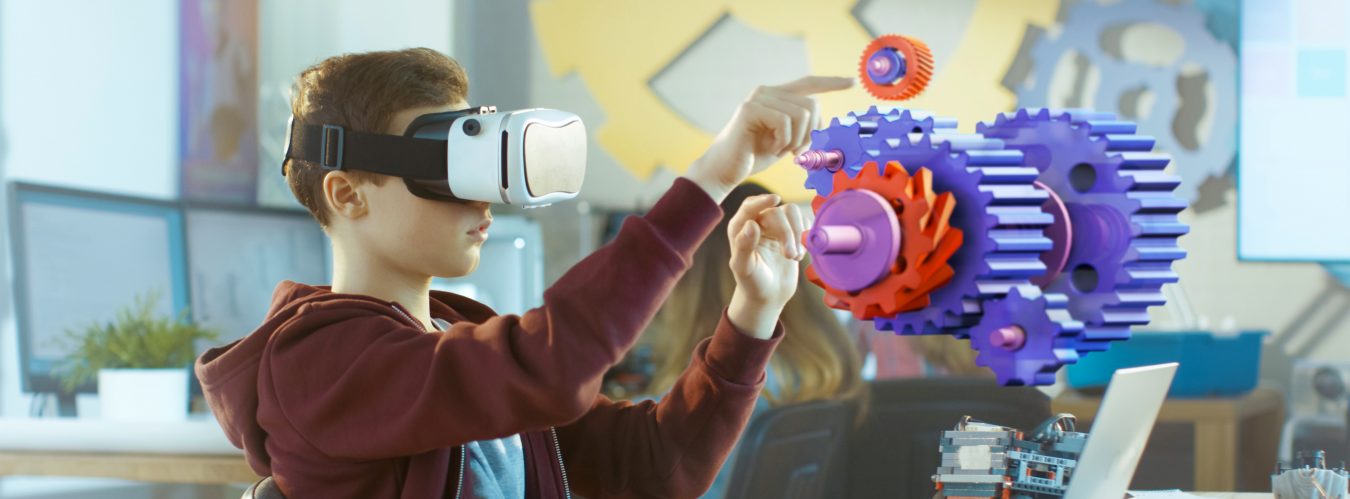So, you’re moving your teaching online; have you thought about what images you will be using? You might be looking for a range of pictures to break up a lot of text in your Blackboard course, or you might need a particular image and are unable to go out and take it yourself as you would normally. Of course, we recommend that you follow the Library’s guidance on good practice when it comes to copyright; no scraping them straight from a search in your web browser, uploading poor quality images… and using watermarked images is definitely not correct copyright attribution!
There are a plethora of sources of copyright-free images (that doesn’t necessarily mean no attribution required) but knowing where to start can be a bit overwhelming. In this blog post, we will signpost some of the most common websites we use, why we like them, how to attribute the source, and also highlight some more niche sources if you need specific teaching content.
Images that you find using a Creative Commons image search online will have Creative Commons licences, which make it possible to use them in a variety of ways. This browser extension will also allow you to easily find images that you can reuse.
Some of our favourite sources of copyright-free images:
Unsplash

Unsplash has over 1.5 million images and makes it very easy to copy and paste the correct attribution. Even though attribution isn’t required, Unsplash photographers appreciate a credit as it provides exposure to their work and encourages them to continue sharing. You don’t need to sign up to be able to use the site.
Pixabay

Another great site which is very similar to Unsplash in terms of access, attribution and layout.
Pixabay is simple to use and has a good range of high quality images.
Anna Ruff, Digital Learning Team
Pexels

Pexels is a great website, it has both high quality still photos as well as videos.
Sofy Bazzini, Digital Learning Team
Wikimedia Commons

More likely than the previous sites to have more specific content for your teaching, but getting the attribution data takes a few extra clicks. It’s helpful to familiarise yourself with the different types of Creative Commons licenses.
Flikr

Make sure you select the Creative Commons filter when you search Flikr. The content is very variable; there are professional photographers who post their work here, but it can take longer to search through and find good quality images.
Discipline-specific sources
The following sites might be helpful for particular disciplines.
- 100,000 Artworks From Prominent Paris Museums’ Collections
- The National Gallery
- The British Museum
- NASA
- Wellcome Collection
- Freeimages.co.uk
- Public Health Image Library (PHIL)
- Pediatric Surgery @ Brown
- MedPix
What else do you use?
If you know of other sources that we haven’t mentioned here, please share them in our Digital Learning Online Community; we will be happy to update this post with your recommendations (and any feedback on the sources listed here)!


